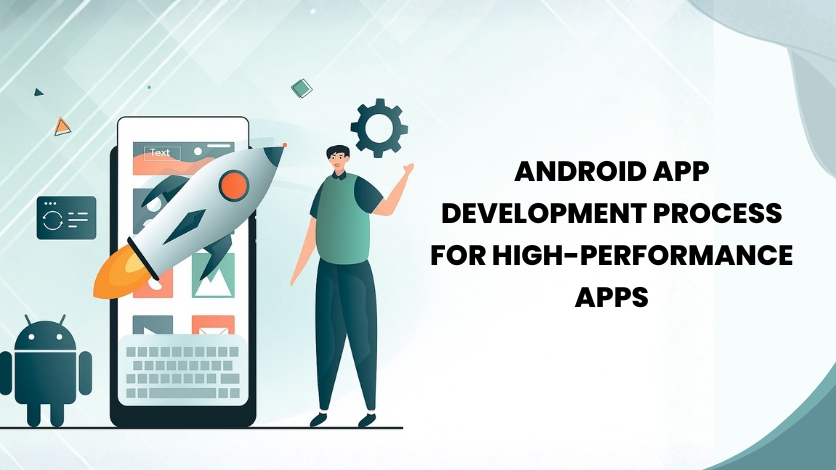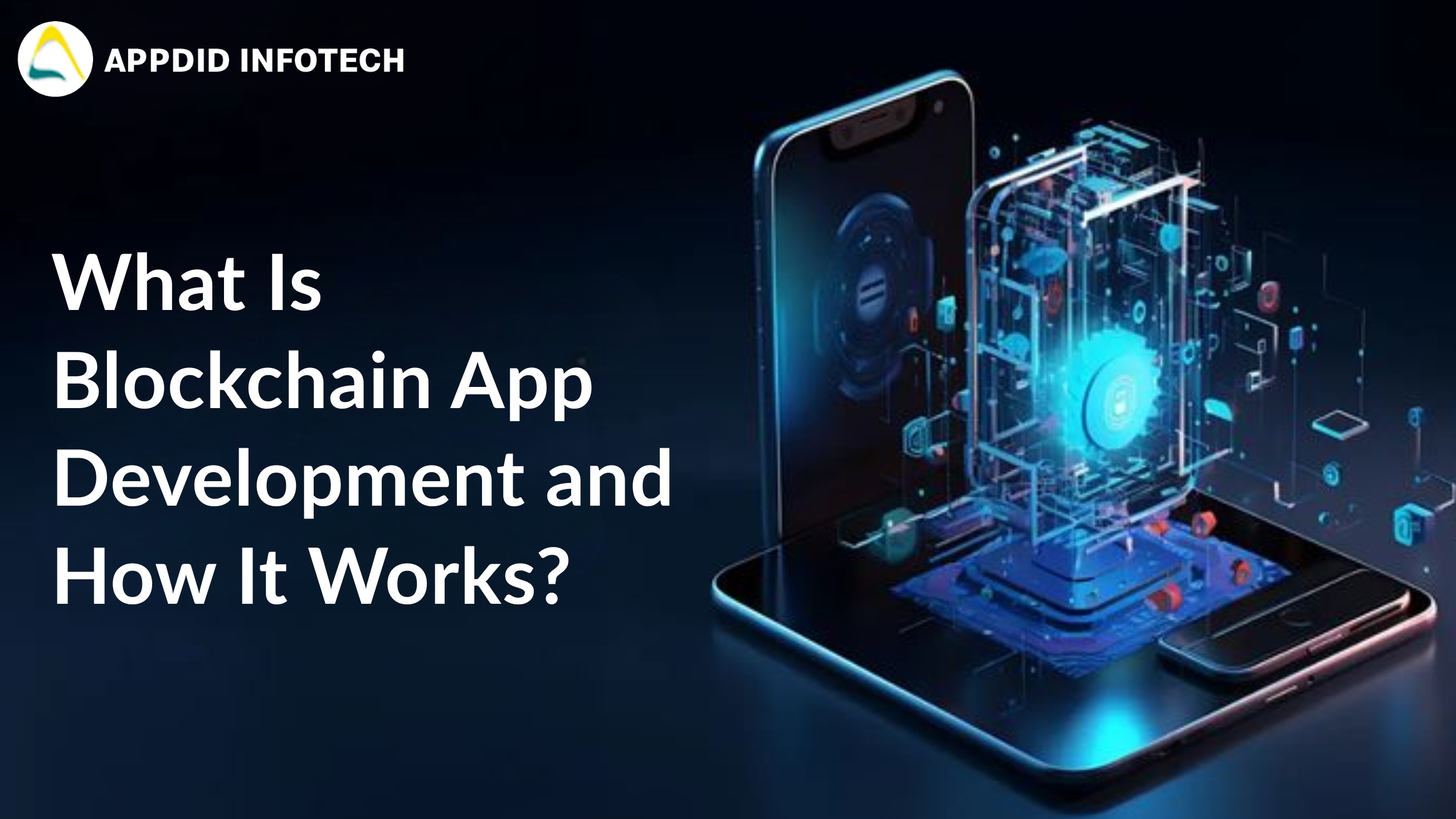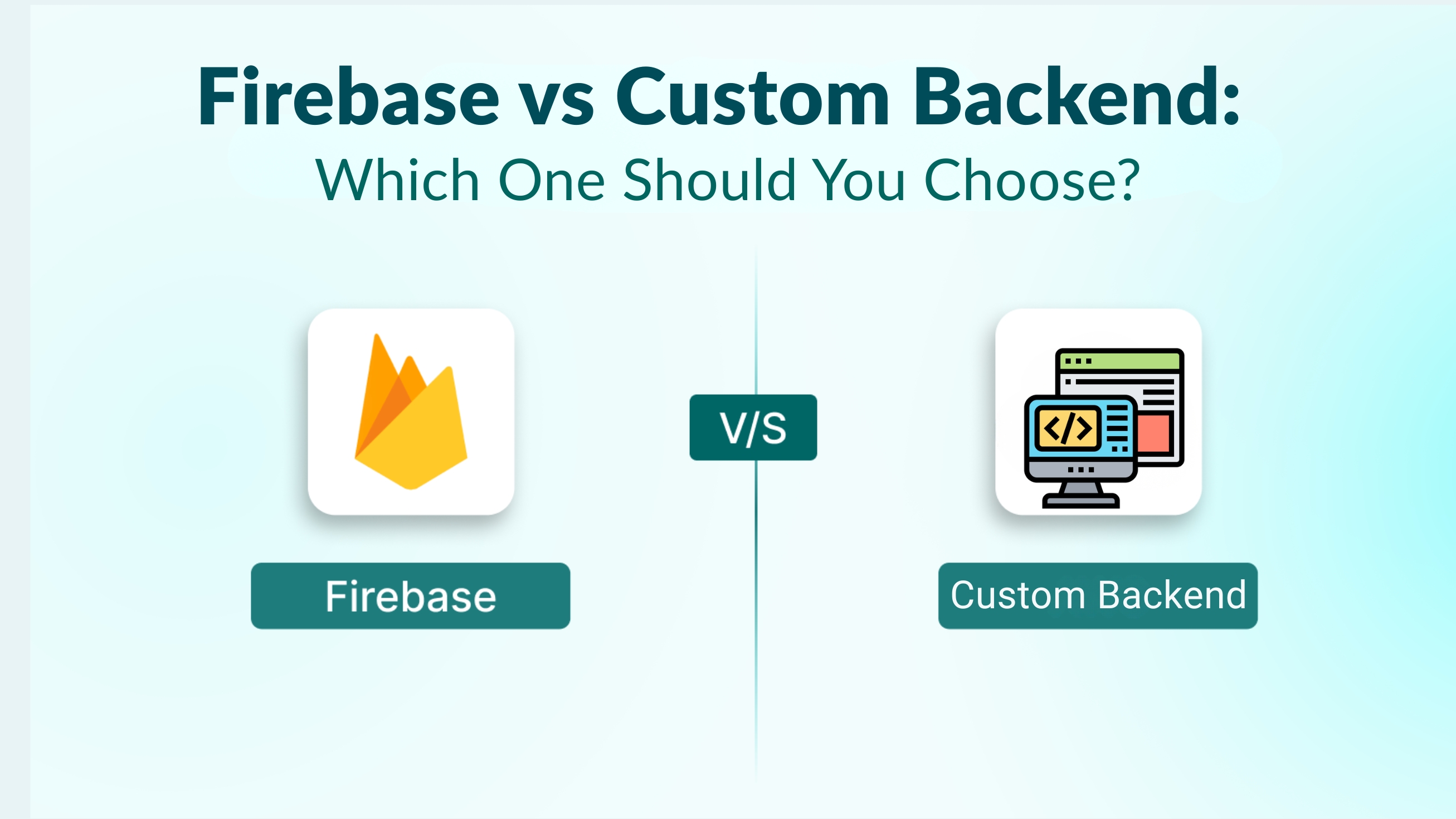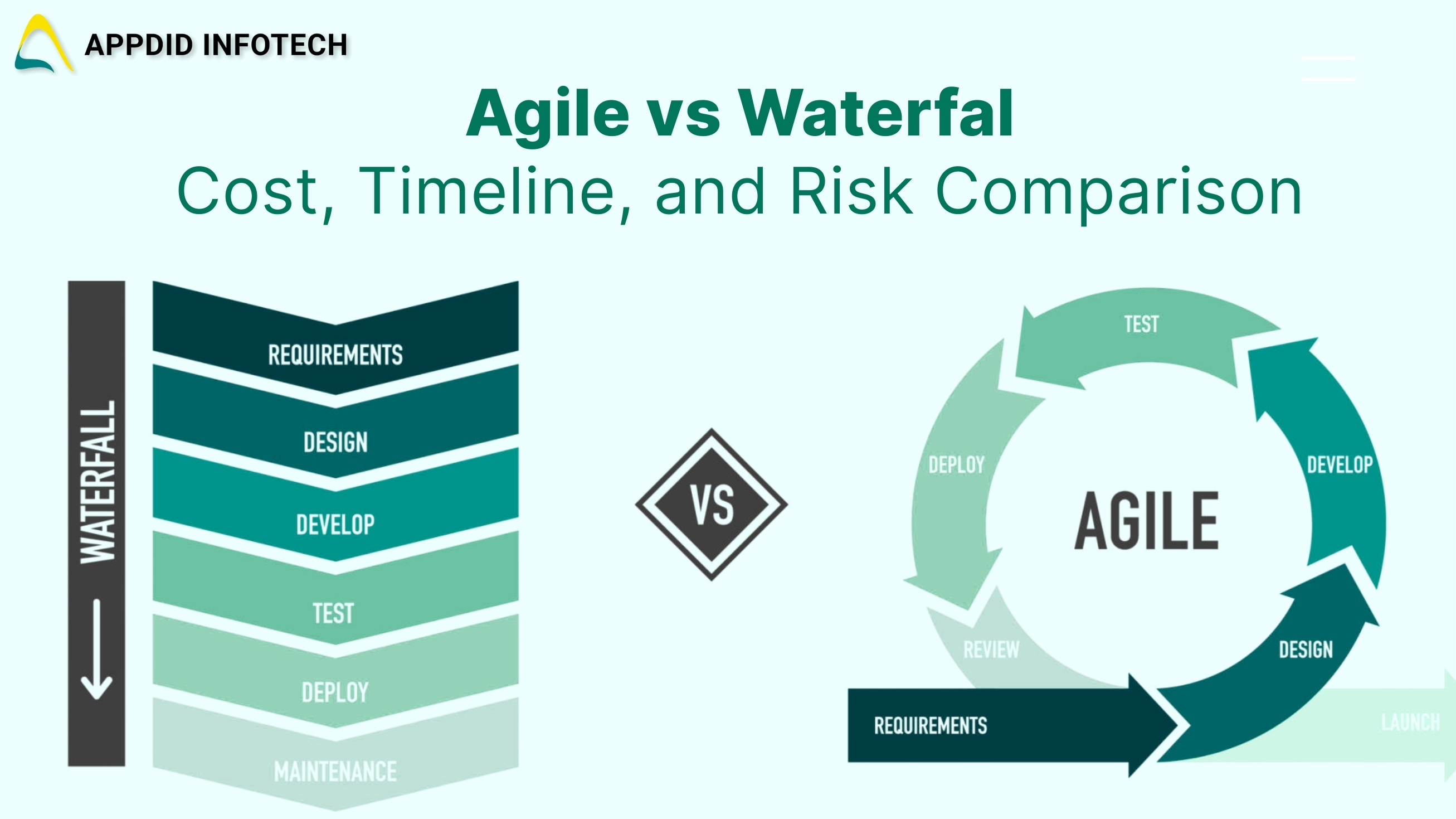Android App Development Process for High-Performance Apps
In today’s mobile-first world, Android dominates the global market with over 70% of users relying on Android-powered devices. From startups to large-scale enterprises, everyone wants an app that performs seamlessly, loads fast, and offers a smooth user experience. But creating a high-performance Android app takes more than just coding; it requires a well-defined, strategic development process.
This blog walks you through the entire Android app development process, step-by-step, highlighting what makes an app efficient, scalable, and future-ready. Whether you’re a business owner, startup founder, or tech enthusiast, this guide will help you understand how professional developers like Appdid Infotech build powerful Android applications that stand out in the competitive app market.
Why High-Performance Matters in Android Apps
A high-performance app does more than just look good; it ensures smooth navigation, minimal loading time, and maximum stability. Users tend to uninstall apps that lag, crash, or drain battery quickly.
Here’s why performance optimization is crucial:
-
Faster loading = Better user experience
-
Lower crash rates = Higher app store ratings
-
Optimized battery use = Increased user retention
-
Efficient resource management = Scalability and long-term success
Want your Android app to perform like a pro? Talk to Appdid’s Android experts today!
Step-by-Step Android App Development Process
Building a high-performance Android app involves strategic planning, powerful technology, and continuous optimization. Let’s break it down step by step:
1. Requirement Analysis and Research
Every successful app begins with a deep understanding of the client’s goals and user expectations.
At this stage, the team defines:
-
The purpose of the app
-
The target audience and their behavior
-
Competitor analysis to find market gaps
-
Core features and functionalities
This helps in setting the right project direction and identifying the unique selling point (USP) that will make your app stand out.
2. UI/UX Design and Prototyping
An intuitive design ensures users can navigate your app effortlessly. Designers at this stage focus on:
-
Creating wireframes and mockups
-
Designing clean, user-friendly interfaces
-
Following Google’s Material Design guidelines
-
Testing user flows for better engagement
Tip: Simple and minimalistic designs enhance load speed and boost user satisfaction.
3. Backend and Architecture Planning
A strong backend is the backbone of any high-performing app.
Here, developers focus on:
-
Choosing the right server and database (like Firebase, AWS, or MySQL)
-
Defining API architecture for fast data exchange
-
Ensuring data security and encryption
-
Setting up scalable server-side logic for handling traffic spikes
This stage ensures your app remains stable even during peak usage.
4. App Development (Frontend + Backend)
This is where your app comes to life. The frontend handles the visual experience, while the backend ensures everything functions correctly.
Developers use a mix of technologies like:
-
Kotlin or Java for Android
-
Jetpack Compose for UI development
-
RESTful APIs for smooth communication between app and server
-
SQLite or Room for data storage
Ready to bring your app idea to life? Get a free consultation with Appdid’s development team now!
5. Performance Optimization
Performance is not an afterthought, it's built throughout the development process. Developers perform multiple optimizations such as:
-
Reducing app size through ProGuard or R8
-
Caching frequently used data
-
Optimizing API calls for faster loading
-
Using background threads to handle heavy operations
-
Reducing battery and memory consumption
Regular performance profiling using Android Studio tools helps detect and fix bottlenecks early.
6. Testing and Quality Assurance
Testing ensures the app performs consistently across devices and Android versions. The QA team performs:
-
Functional testing: To check if all features work smoothly
-
Performance testing: To ensure speed and responsiveness
-
Usability testing: For real-world user experience feedback
-
Security testing: To prevent vulnerabilities and data leaks
The app is tested on multiple Android devices and screen resolutions before going live.
7. Deployment and Launch
Once the app passes all tests, it’s time for deployment on the Google Play Store.
This involves:
-
Preparing app assets (icons, screenshots, videos)
-
Writing an SEO-optimized Play Store description
-
Submitting the APK or AAB file for review
-
Monitoring analytics post-launch
Launch your app confidently with Appdid Infotech’s complete deployment support!
8. Maintenance and Updates
Post-launch, continuous support is key to ensuring long-term app success. Regular updates keep your app bug-free, secure, and compatible with new Android versions.
Maintenance includes:
-
Fixing bugs and crashes
-
Updating libraries and frameworks
-
Enhancing UI/UX based on feedback
-
Adding new features to keep users engaged
Tip: Set up analytics tools like Firebase Crashlytics to track real-time performance data.
Tools and Technologies Used in Android App Development
Here’s a look at the common tools used by professionals like Appdid for high-performance apps:
|
Category |
Tools/Technologies |
|
Programming Languages |
Kotlin, Java |
|
Frameworks |
Jetpack, Retrofit, Dagger |
|
Database |
SQLite, Firebase, Room |
|
Design |
Figma, Adobe XD |
|
Testing |
Espresso, JUnit, Appium |
|
DevOps |
Jenkins, Docker, GitHub Actions |
Why Choose Appdid Infotech for Android App Development
As a leading app development company in Thane and Mumbai, Appdid Infotech excels at creating Android apps that blend performance, design, and scalability.
What Sets Appdid Apart:
-
Experienced developers with in-depth Android expertise
-
Focus on lightweight, high-performing architecture
-
100% custom-coded apps — no template-based shortcuts
-
End-to-end solutions from concept to maintenance
-
Transparent communication and project tracking
Appdid Infotech – Connect with Us
-
Appdid Infotech Pvt. Ltd.
Location: Thane, Mumbai, Maharashtra
Contact:+91 99678 56357 | +91 7066600093
Email: info@appdid.com
Website: www.appdid.com
GMB: Appdid Infotech – Mobile App Development Company in Thane -
Social Media Profiles
🔹 Facebook
🔹 YouTube
Partner with Appdid today to create your next Android success story!
Cost of Android App Development in India
On average, developing an Android app in India can range from ₹1,00,000 to ₹10,00,000+, depending on:
-
Complexity and number of features
-
UI/UX design depth
-
Integration with third-party APIs
-
Developer expertise and experience
Tip: Start small with a Minimum Viable Product (MVP) and scale as your user base grows.
Final Words
Creating a high-performance Android app isn’t just about coding — it’s about delivering seamless user experiences, strong security, and long-term reliability. A well-structured development process, guided by experienced professionals, ensures your app not only looks great but performs flawlessly under all conditions.
Contact Appdid Infotech today and let our expert Android team turn your app idea into a high-performing reality.
FAQs
Q1. What makes an Android app “high performance”?
A high-performance app loads quickly, uses minimal resources, and provides a smooth, crash-free experience even on low-end devices.
Q2. How long does it take to develop an Android app?
The timeline varies between 2 to 6 months depending on app complexity, design depth, and feature list.
Q3. Does Appdid Infotech provide ongoing support?
Yes, Appdid offers full post-launch maintenance, version updates, and performance monitoring to ensure your app stays ahead of the competition.










